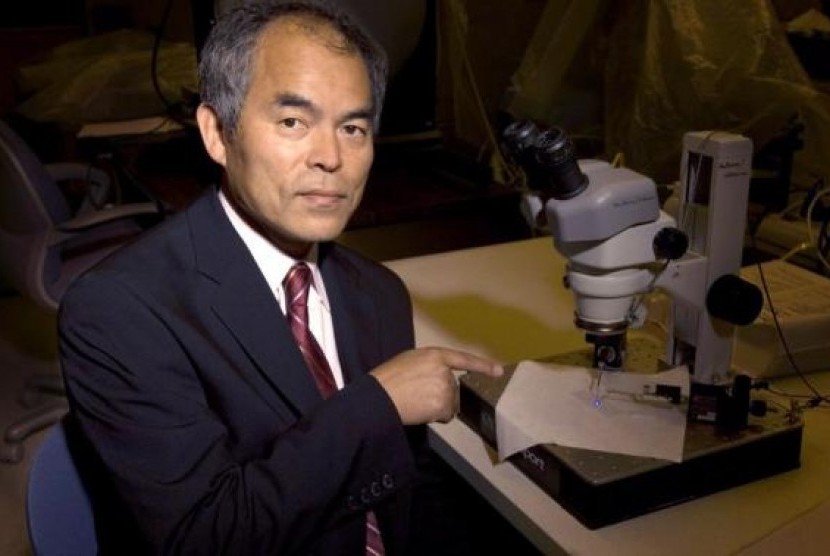REPUBLIKA.CO.ID, STOCKHOLM/LONDON - An American and two Japanese scientists won the 2014 Nobel Prize for Physics on Tuesday for inventing a new energy-efficient and environment-friendly light source, leading to the creation of modern LED light bulbs.
Isamu Akasaki and Hiroshi Amano of Japan and Japanese-born US citizen Shuji Nakamura won the prize for developing the blue light-emitting diode (LED) -- the missing piece that now allows manufacturers to produce white-light lamps.
The arrival of such lamps is changing the way homes and workplaces are lit, offering a longer-lasting and more efficient alternative to the incandescent bulbs pioneered by Joseph Swan and Thomas Edison at the end of the 19th century.
"Red and green LEDs have been around for a long time but blue was really missing. Thanks to the blue LED we now can get white light sources which have very high energy efficiency and very long lifetime," Per Delsing, a member of the Royal Swedish Academy of Sciences, told a news conference.
The award is a notable example of a practical discovery winning the prize, in contrast to last year when the physics prize went to scientists who predicted the existence of the Higgs boson particle that explains how elementary matter attained the mass to form stars and planets.
"Incandescent light bulbs lit the 20th century; the 21st century will be lit by LED lamps," the academy said in a statement awarding the 8 million Swedish crown (1.1 million USD) prize.
Frances Saunders, president of Britain's Institute of Physics, said the shift offered the potential for huge energy savings.
"With 20 percent of the world’s electricity used for lighting, it’s been calculated that optimal use of LED lighting could reduce this to 4 percent. Akasaki, Amano and Nakamura’s research has made this possible and this prize recognizes this contribution," she said.


